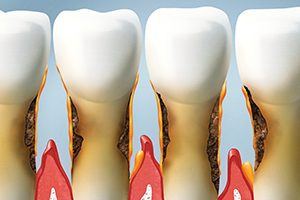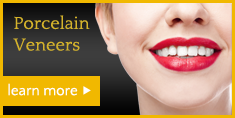 We are Growing Older…
We are Growing Older…
As the population ages—more gracefully than ever, of course— we’re keeping more teeth. Along with wisdom and experience, however, come different health problems. Among them, cavities on the surface of the tooth root, what we call root caries.
Growing up, most decay is found on the surface of teeth, usually the crown. But gum tissue has a way of receding as the years go by, and this exposes the root to bacteria that cause decay. Periodontal (gum) disease worsens the situation, as do some chronic systemic illnesses.
Nearly 70% of us over 60 suffer root surface caries, more men than women, more smokers.
Sure we’re growing older. But we can look and feel just fine as we do.
Dentistry is finding new means to prevent and treat this condition, along with the tried and true.
- More cleaning appointments for plaque removal is one approach. Thorough mechanical cleaning at home, as in brushing, is your personal contribution to prevention.
- Chlorhexidine is an agent that attacks S. mutans, the meanest microbe in the mouth. Daily rinses with chlorhexidine suppress this bug, with an accompanying reduction in plaque and, it follows, caries (decay).
- In some cases, sealants —the same material we apply to children’s teeth to stave off decay—can control root caries. Bonding is another option, with the added benefit of cosmetic correction.




Comments are closed.